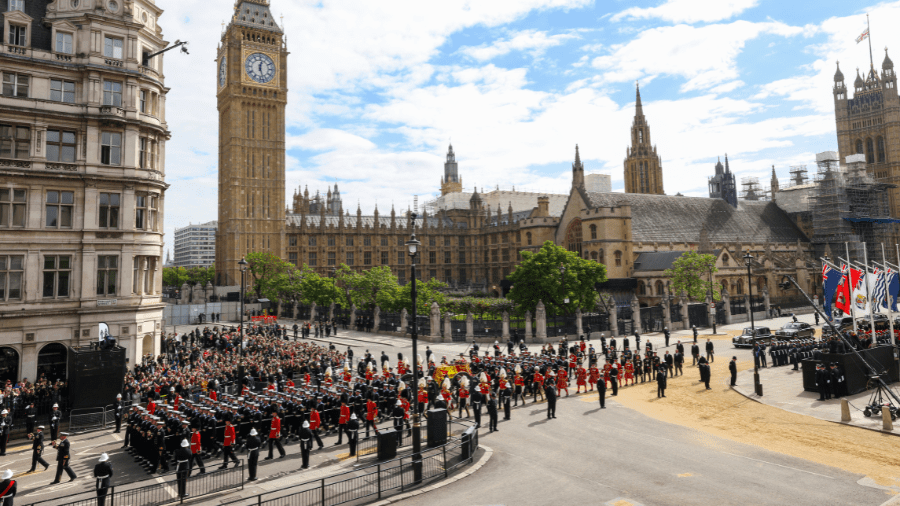This article originally appeared in the Toronto Star.
By Patrice Dutil, September 19, 2022
Queen Elizabeth II’s death was both expected and unexpected. She served her people with steadfast dedication for 70 years, always careful not to offend.
Despite her brilliant success, many in the U.K. and Commonwealth are asking hard questions about the relevance of the monarchy. Its endurance will vitally depend on the actions and thoughts of her successor.
How will King Charles III cope? The mixed-bag records of his name-predecessors offer indications of what to do and not do.
Charles I assumed the throne in 1625 but so angered Parliament with his defence of privileges and demands for exceptions that he gave rise to a civil war. He lost by 1645 and was executed for treason in 1649. His tenure was nothing short of a disaster. The lesson: respect the politicians and stay out of their way or you will lose.
His heir, Charles II, fared better. When the monarchy was restored in 1658, he was invited to assume at a tense time; England was often at war or gripped by crises. Yet the Merry Monarch gave new legitimacy to the monarchy, promoted social peace and left a rich legacy of patronage of the arts and science when he died in 1685. He is generally regarded favourably by historians. The lesson: support civil society.
Charles III, 73, now comes to the throne when the usefulness of the monarchy is in doubt. He may well be king for many years to come, so there is good reason to expect him to bring some fresh air to the position. His legitimacy cannot stand on being media fodder, nor on the bland statements Elizabeth II specialized in.
The U.K. shows increasingly republican reflexes; the idea of inherited privilege is barely tolerated. In this political and social context, the monarchy faces a serious risk of appearing anachronistic. Growing irreligiosity makes King Charles’s role as the head of the Church of England increasingly irrelevant. King Charles must burnish the legitimacy of his “rule” and avoid the fate of becoming an “ordinary” monarch as in the Northern States of Europe or of flatly becoming the last king of the United Kingdom.
More than anything, in the 21st century, King Charles will have to bring a new approach to the practice of wearing a crown.
Following his mother’s footsteps will be tempting and many will demand he “stay in his lane” but this approach may well imperil the crown. He must create a new space to allow British society to dialogue on issues and sometimes risk angering some.
Charles has spoken openly in favour of classic tastes in architecture, the rights of the disadvantaged and environmental causes. Like his predecessors, he will have to promote the country’s military preparedness. The universal issue of mental health may beckon. Above all, he must not be tempted to take the lead. What he can do is promote the efforts to create consensus in an increasingly fractioned society.
A natural friend of the past, King Charles will need to promote the crown as a friend of the future. It won’t be easy, given his age, to set a new standard. It will not be a restful sovereignty.
The monarchy’s challenges abroad may be more daunting. Among many countries of the Commonwealth, the notion of having the King of the United Kingdom as a head of state is positively repugnant — a colonial relic. Barbados, a former colony, has renounced it, and other Caribbean nations may follow suite. In Canada, Australia and New Zealand, some advocate the abandonment of the monarchy.
King Charles will have to chart a new path in these troubled waters. As he will be terrifically busy at home in shoring up the legitimacy of the crown, his forced neglect of the former colonies may be the most defining feature of his reign.
Patrice Dutil is Professor of Politics and Public Administration at Ryerson University and a Senior Fellow at the Macdonald-Laurier Institute. His Canadian history podcast is “Witness to Yesterday.”






